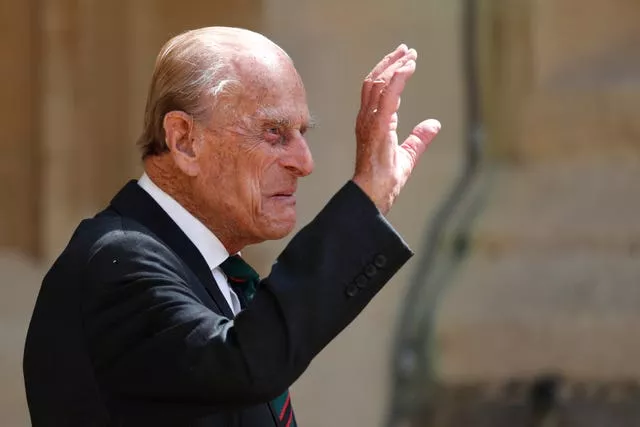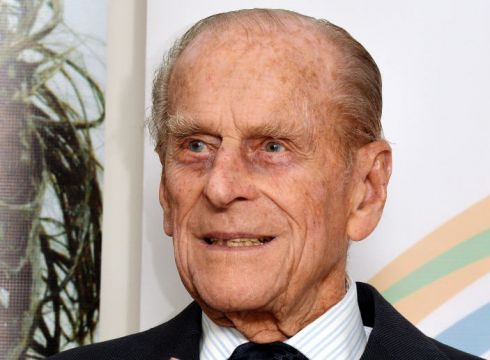The Guardian newspaper has lost an appeal over the secret nature of a court hearing which dealt with the Duke of Edinburgh’s will.
The newspaper brought a challenge at the UK Court of Appeal against a judge’s decision to exclude the press from a hearing in July 2021.
Lawyers for the Guardian argued at a hearing last week that the entirely private hearing over whether the will should remain secret was the “most serious interference with open justice”.

Philip, the nation’s longest-serving consort, died aged 99 on April 9th last year, two months before he would have turned 100.
After the death of a senior member of the royal family, it has been convention for more than a century that an application to seal their will is made to the president of the Family Division of the High Court.
This means the wills of senior members of the royal family are not open to public inspection in the way a will would ordinarily be.
At last year’s hearing, the president of the Family Division, Sir Andrew McFarlane, heard legal argument from lawyers representing Philip’s estate and the Attorney General, who represents the public interest in such matters.
The Guardian challenged the decision to hold a hearing on an application to seal the will in private, arguing it was “disproportionate and unjustified”. There was no appeal against the decision to seal the will.
Dismissing the newspaper’s appeal, senior judges ruled that it was not a case where “fairness demanded that the media be notified of the hearing or asked to make submissions before judgment”.
Sir Geoffrey Vos and Dame Victoria Sharp, sitting with Lady Justice King, said they could not see how the media could have been alerted to the fact the hearing was taking place “without risking the media storm that was feared”.
They added: “The hearing was at a hugely sensitive time for the Sovereign and her family, and those interests would not have been protected if there had been protracted hearings reported in the press rather than a single occasion on which full reasons for what had been decided were published.”

The judges also said the circumstances of the case were “exceptional”.
Sir Geoffrey and Dame Victoria added: “It is true that the law applies equally to the Royal Family, but that does not mean that the law produces the same outcomes in all situations.
“These circumstances are, as we have said, exceptional.
“We are not sure that there is a specific public interest in knowing how the assets of the Royal Family are distributed.
“A perceived lack of transparency might be a matter of legitimate public debate, but the (Non-Contentious Probate Rules) allow wills and their values to be concealed from the public gaze in some cases.
“The judge properly applied the statutory test in this case.”
Caoilfhionn Gallagher QC, for Guardian News and Media, argued at last week’s hearing: “An entirely private hearing such as this is the most serious interference with open justice. It is an exceptional step that requires exceptional justification.
“In this case, (Sir Andrew) decided to take such an exceptional step without even inviting or permitting members of the media to make submissions about whether such a procedure was fair or justified.”

Lawyers for the Attorney General argued: “The attorney is uniquely well placed to assist the court because she can represent the general public interest free from any non-public interest influences.”
They argued the context of the situation was “exceptional because of the nature of the application” and that, quoting Sir Andrew, the practice of sealing royal wills had become a “convention that has now been in place for over a century”.
In their written submissions the lawyers said Sir Andrew “committed no legal error” and “applied the correct principled approach to the issues”.
They said The Guardian must show that the judge’s conclusions were “wrong” and doing so would be a “difficult hurdle”.

In a ruling in October, Sir Andrew ordered that Philip’s will was to remain sealed for 90 years and may only be opened in private even after that.
He said the ruling was published to make as much detail as possible public without “compromising the conventional privacy afforded to communications from the sovereign”.
The judge said it was in the public interest for him to make clear he had neither seen, nor been told anything of the contents of, Philip’s will, other than the date of its execution and the identity of the appointed executor.
Sir Andrew said any future judgments on applications to seal royal wills would remain closed, and therefore will not be made public.







